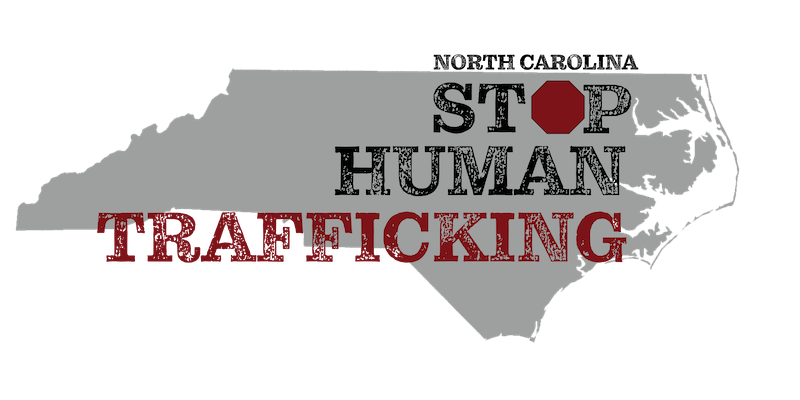Domestic servitude is a crime in which the domestic worker is underpaid or unpaid, enslaved by his or her employer, and suffers abuse.
This is a form of human trafficking. Domestic work is often unregulated, and the workers are undervalued.
In a domestic servitude case, this is further amplified into long-term abuse. The National Domestic Workers Alliance reports that 91.5% of domestic workers are women, primarily foreign nationals and women of color. These attributes make domestic workers more vulnerable to a trafficking situation.
How to identify a victim of Domestic Servitude?
A victim of domestic servitude will work as a maid, servant, housekeeper, nanny, or caregiver. These victims are challenging to identify because they work in private residences. On the outside, these situations can sometimes appear perfectly normal. Because of this, it is essential to understand the warning signs that someone is possibly experiencing a crisis of domestic servitude.
Independence
Traffickers will commonly seize documents, leaving the victim with no form of identification. This is a common sign of any trafficking situation. They will regularly be seen being escorted in and out of the home with little independence. Their living space might not have any privacy, causing them to be dependent on their abuser. Medically, these victims may not be allowed to receive treatments without supervision. This lack of independence can be a clear sign to anyone, including law enforcement, that there may be a human trafficking situation occurring.
Restriction
Restriction allows the abuser complete control of the victim’s life. They may have limited access to many areas of the house, not be allowed to eat with the family or at all, or constantly be “on call” and unable to take days off. These restrictions can be isolating and can cause longer-term emotional and physical damage to the victim.
Efforts to end domestic servitude
Over the years, legislative efforts in the United States have pushed for better working conditions. This would not only make it more difficult for abusers to access victims but also give law enforcement a means to prosecute the abusers.
The Domestic Worker Bill of Rights
This bill was introduced in the US House in 2021 and supported by the National Domestic Workers Alliance. It would provide domestic workers with rights and protections they do not currently have. Should it ever pass, the Bill of Rights would ensure domestic workers are granted the right to be paid at least the minimum wage. They would also be required to receive benefits like Medicaid-funded treatments and paid leave.
Education
Education is an essential element in the fight to stop human trafficking of any kind. Domestic servitude is underreported, under-researched, and unknown. Organizations such as NC Stop Human Trafficking, FreedomUnited, The National Human Trafficking Hotline, and many more work to bring awareness to the cause through education and resources.
– Ilaria Noonan is the Community Outreach Intern. She can be reached at ilaria@encstophumantrafficking.org

